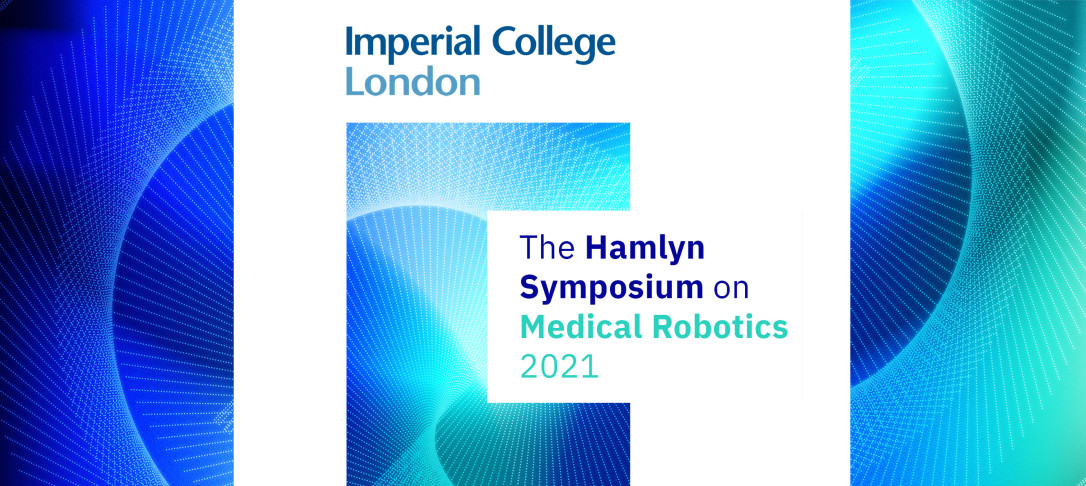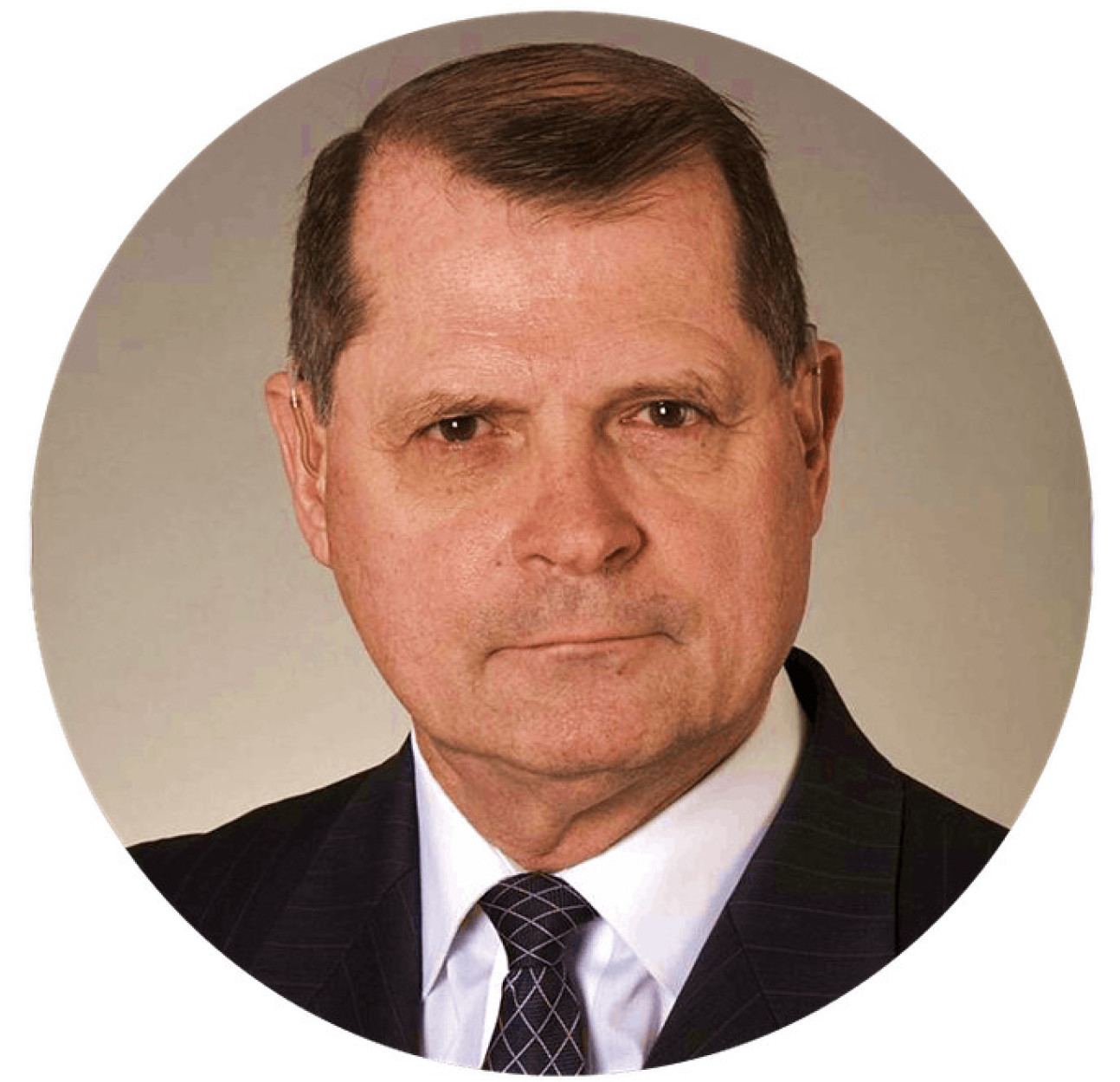
The Hamlyn Symposium on Medical Robotics (HSMR) is now in its 13th year and has provided an annual forum for surgeons and engineers from across the globe to network and explore the latest developments in medical robotics. Every year researchers, clinicians and engineers are invited to submit papers on a range of topics covering clinical specialities in Urology, Cardiac Surgery, Neuro Surgery, Thoracic Surgery, General Surgery, Gynaecology, ENT, Orthopaedic and Paediatric Surgery.
This year we plan to build beyond the previous achievements and take the symposium to even higher successes with the theme of ‘Surgery and Beyond’. We have already received full CPD accreditation from the Royal College of Surgeons and to complement this we are planning a programme with increased focus on clinical practitioner centered talks, workshops and presentations.
Hamlyn Symposium on Medical Robotics 2021:
Featured Speaker Professor Richard Satava
– Advanced Surgical Robotic Technologies

We are pleased to announce Professor Richard Satava is one of the featured speakers of the Hamlyn Symposium on Medical Robotics 2021. Professor Satava will give a talk on ‘Advanced Surgical Robotic Technologies’ followed by a Q&A session.
Abstract
There are numerous revolutionary technologies which have yet to be exploited in the surgical community, though they are common in other professions, thus the need to raise awareness of the potential of these technologies
Description: Even as this fourth revolution in surgery in 25 years (robotic surgery) is gaining in popularity, a much more disruptive change is beginning with the next revolution: non-invasive Directed Energy Surgery for Diagnosis and Therapy (DEDAT) such as photo-biomodulation using photonics, high-intensity focused ultrasound (HIFU), etc, which are just the tip of the iceberg that heralds the transition to non-invasive surgery. Energy, when combined with image-guidance, robotics, Artificial Intelligence (AI), information systems technologies, Virtual Reality (VR), molecular and genetic manipulation (CRISPR), and nanotechnology (to name a few), will provide an opportunity for surgical therapy at the cellular and molecular level, and non-invasively. Such systems are based upon the premise that image-guidance, robotics, AI and automation can bring non-invasive visualization, precision, speed and reliability, especially as surgery ‘descends’ into ‘operating’ at the cellular and molecular level. In addition to the advanced directions in the area of surgery, there are numerous other technologies that are emerging today that will impact the direction of healthcare in general, such as next generation in robotics, operating room of the future, artificial organs, regeneration, 3-D printing, genetic engineering, as well as a rethinking of how to educate and train the physicians and surgeons of the future.
Preliminary Results: Most of these technologies are still in pre-clinical research – a few will have demonstration videos.
Conclusions: Surgeons need to have at least an introductory understanding of such technologies in order to ‘avoid the technological surprises’ of the past, such as laparoscopic and robotic-assisted surgery.
Biography
Richard M. Satava, MD FACS, is Professor Emeritus of Surgery at the University of Washington Medical Center (Seattle).
PAST POSITIONS: Professor of Surgery Yale University, Professor of Surgery Walter Reed Army Medical Center, Program Manager Defense Advanced Research Projects Agency (DARPA) and Senior Science Advisor US Army Medical Research Command.
TRAINING: Johns Hopkins University, Medical School Hahnemann University of Philadelphia, Internship Cleveland Clinic, Surgical Residency Mayo Clinic with Master of Surgical Research. AWARDS: Smithsonian Laureate in Healthcare and Department of Defense Legion of Merit and Department of Defense Distinguished Service Medal.
DURING 23 YEARS OF MILITARY SURGERY: Flight Surgeon, Army astronaut candidate, MASH surgeon – Grenada Invasion, Hospital Commander – Desert Storm, all the while continuing clinical surgical practice.
GOVERNMENT: White House Office of Science and Technology Policy (OSTP) Committee on Health, Food and Safety. MEDICAL: Numerous committees of American College of Surgeons (ACS), past-president of many surgical societies, on the editorial board of numerous surgical and scientific journals, and active in numerous engineering societies.
EXPERTISE: Surgeon on the team of first surgical robot that became DaVinci robot. Surgical education and surgical research (more than 250 publications and book chapters) – Surgery in Space, Video and 3-D imaging, Future of Surgery – Directed Energy Surgery, Robotic Surgery, Virtual Reality Surgical Simulation, Surgical Competence and Training.